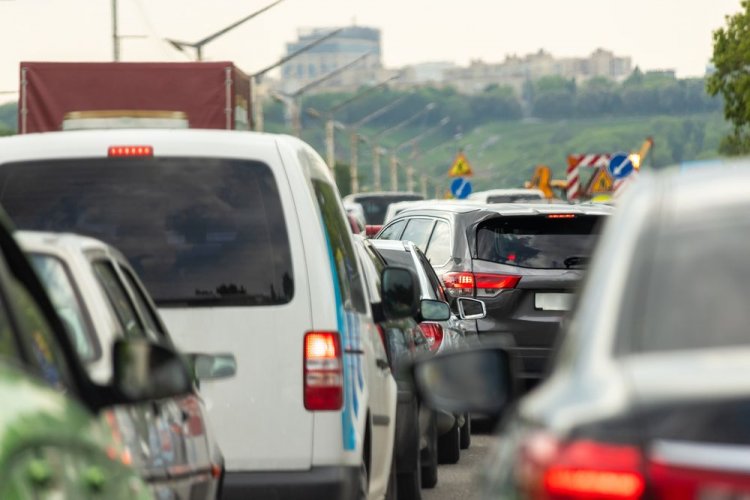German Transport Minister Volker Wissing has threatened to introduce a ban on weekend driving if the country's climate legislation is not reformed.
This is reported by Euractiv.
Wissing warned that a national ban on weekend driving may become necessary under current climate legislation, which requires ministries to present immediate action programs if annual emissions targets are not met.
"This means that we need to cut emissions by 22 million tonnes of CO2 equivalent immediately. And this saving of 22 million cannot be achieved through speed limits or other measures. Such large amounts of emissions can only be reduced by temporarily abandoning the use of cars and trucks." Vising noted.
It is noted that Germany's transport sector has repeatedly failed to meet its targets under national climate legislation.
Problems arose with the reform of climate legislation due to the legislative procedure. Wissing blames the Green Party, another member of the ruling coalition, for this. Green politicians fear that economic-wide targets will not provide the necessary accountability to sufficiently reduce emissions.
Wissling says that if the reform is not completed soon, he will have to stick to the current rules, which will leave him with no choice but to be banned from driving.
"We, the Greens, do not consider the driving ban to be a reasonable decision. The minister must be held responsible for sowing unfounded fears among the population," said the leader of the "Greens" parliamentary group, Katarina Droge, calling on the minister to make reasonable proposals for greater climate protection in the transport sector. sector
The head of the German Environment Agency (UBA), Dirk Messner, denied the minister's statement.
"Of course we don't need driving bans. They are not seriously discussed and scare people for no reason," Messner said.
As EcoPolitic previously reported, a study by the Agora Energiewende think tank showed that Germany's emissions in 2023 decreased to 673 million tons (the government's annual target is 722 million tons of CO2) and reached the lowest level in the last 70 years





